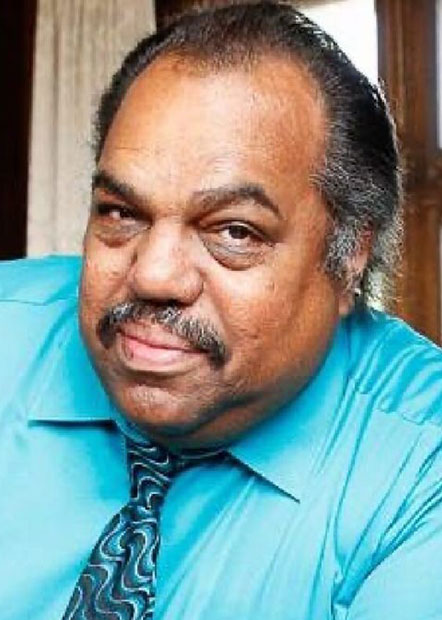May 15: FAIR in Education event: We’ve Made Teaching Too Hard for Mere Mortals with Robert Pondiscio
May 15: FAIR in Education event: We’ve Made Teaching Too Hard for Mere Mortals with Robert Pondiscio

Daryl Davis is best known for his talent as a musician; he is an international recording artist and is recognized for being one of the greatest Blues, Boogie Woogie & Rock’n’Roll pianists of all time. Daryl has used his appreciation for the arts to help start FAIR in the Arts.
In addition to his music career, Daryl is the author of Klan-Destine Relationships, which was the first book written about the Ku Klux Klan by a Black author. His engagement with the KKK started when, while playing in an all-White band, when a member of the Klan praised him for his musical style. Daryl recognized that he had an opportunity to ask an important question about racism: “How can you hate me when you don’t even know me?” Daryl has interviewed hundreds of KKK members and other White supremacists and influenced many of them to renounce their racist ideology.
His work in race relations has been highlighted in speaker series across the country. His documentary film, Accidental Courtesy, illustrates his process of conversation and understanding to bridge differences and promote racial reconciliation in true pro-human form. about racism: “how can you hate me when you don’t even know me?” Daryl has interviewed dozens of Klan members and influenced many of them to renounce the Klan. HIs work about race has been highlighted in speaker series across the country. His film, Accidental Courtesy, illustrates his process of conversation and understanding to bridge differences and promote racial reconciliation.
“We should be anti-racism, not anti-racist, when we refer to the person as opposed to a state of being. We don’t want to be against the person, but against their belief system which is racism. Rather than expound upon what we are against, we prefer to promote what we are for. We at FAIR are pro-human. We understand that one’s perception is one’s reality. Even if it’s not real, it is still their reality and you cannot change it. Where many others fail is when they try to force their own reality upon someone else. At FAIR, we prefer to offer better perceptions. When they resonate with our offered perception, they will change their own reality because their perception becomes their reality.”
FAIR is a nonpartisan organization dedicated to advancing civil rights and liberties for all, and promoting a common culture based on fairness, understanding, and humanity.
© Copyright 2023 Foundation Against Intolerance & Racism. All Rights Reserved.